ABC and Rcpp
Michael Lerch
Bayesian Analysis
Model and Likelihood

\[y = m * x + b\]
\[\mu = m * x + b\]
Likelihood

\[y = \mu + \epsilon\]
\[\epsilon \sim N(0, \sigma)\]
Parameters
The slope, \(m\)
The intercept, \(b\)
The variability, \(\sigma\)
Collectively, \(\theta\)
Likelihood
\[P(Y | \theta)\]
\[P(Y | \theta, X)\]
Prior
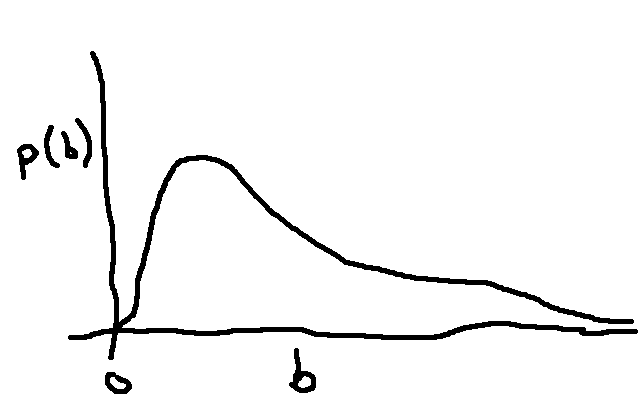
\[P(\theta)\]
Bayes Rule
\[P(\theta | Y) = \frac{P(Y|\theta)P(\theta)}{P(Y)}\]
Prior -> Posterior

\[P(\theta | Y)\]
Prior -> Posterior
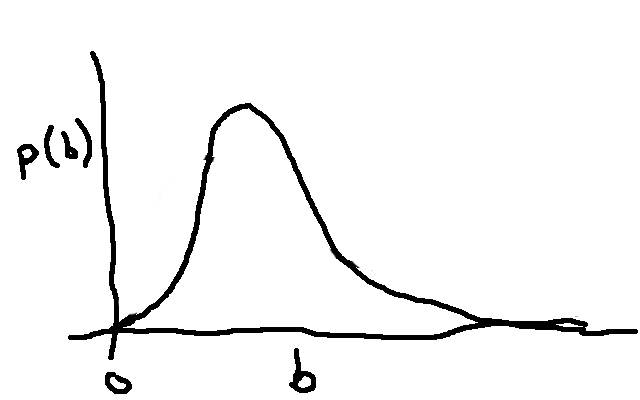
\[P(\theta | Y)\]
Using the posterior

The Denominator
\[P(\theta | Y) = \frac{P(Y|\theta)P(\theta)}{P(Y)}\]
Sampling the posterior
Algorithms you may have heard of
Metropolis-Hastings
Gibbs
curve(dnorm(x), xlim = c(-3, 3)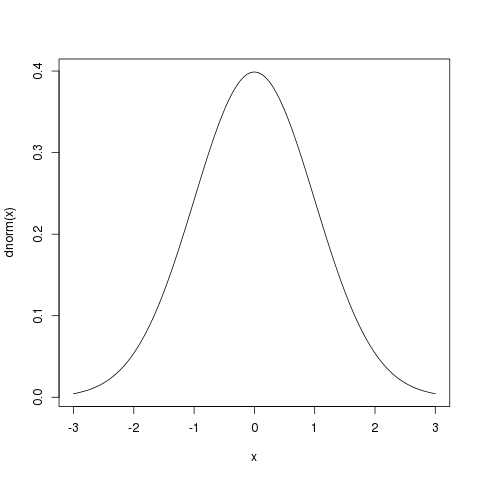
plot(density(rnorm(1000)), xlim = c(-3, 3))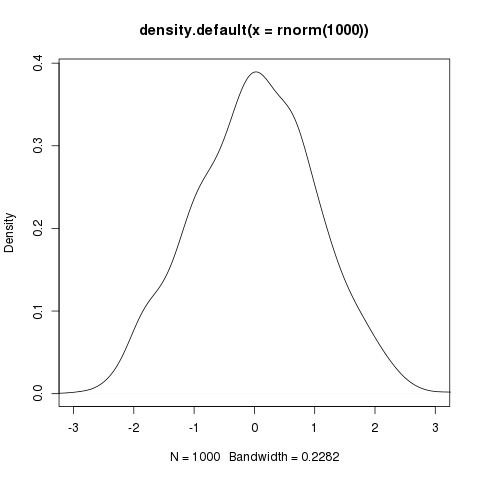
“Rejection sampling”
Sample from the joint distribution, \(P(\theta, Y) = P(\theta)P(Y|\theta)\)

“Rejection sampling”
Reject when the sampled \(Y\) does not equal the observed
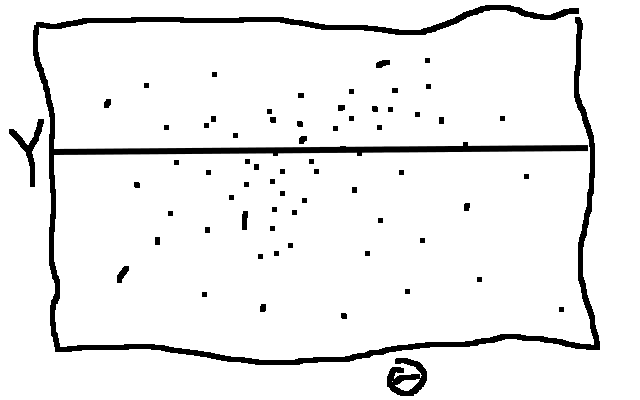
Algorithm
- Sample \(\theta^*\) from the prior: \(P(\theta)\)
- Sample \(Y^*\) from the likelihood: \(P(Y|\theta^*)\)
- If \(Y^*\) is equal to the observed data, keep \(\theta^*\), if not reject.
Speeding it up
- Summary statistics (perhaps sufficient)
- Add some wiggle room
Why use ABC?
Cases where we can simulate data, we know the data generating process, but might have difficulty writing down a likelihood.
Rcpp
Basic idea
Write code in C++, call from R
Because C++ is faster than R
Not a new concept but Rcpp makes this much easier
How scared should I be of C++?
- Equal signs, not assignment arrows
- Semi-colons at the end of lines
- Indexing starts at 0
- For loops have a different structure
- Type definitions
Examples
- Addition
- Fibonacci sequence
- Multiple functions
ABC and Rcpp
uspop data in R
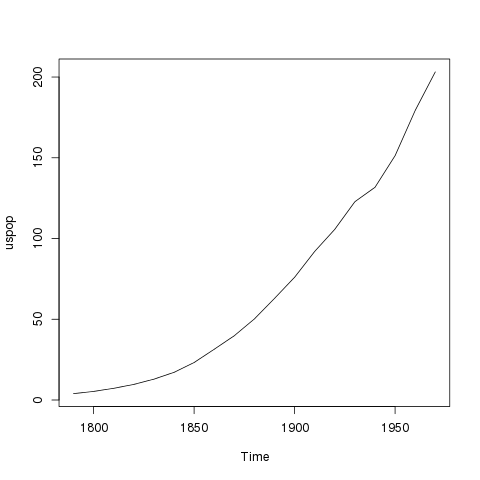
Proportional Growth
\[\frac{dp}{dt} = rp\]
\[p = p_0 e ^ {rt}\]
Logistic growth function
\[\frac{dp}{dt} = \frac{rp(K - p)}{K}\]
\[p = \frac{K}{1 + (K / p_0 - 1) e^ {- r t}}\]